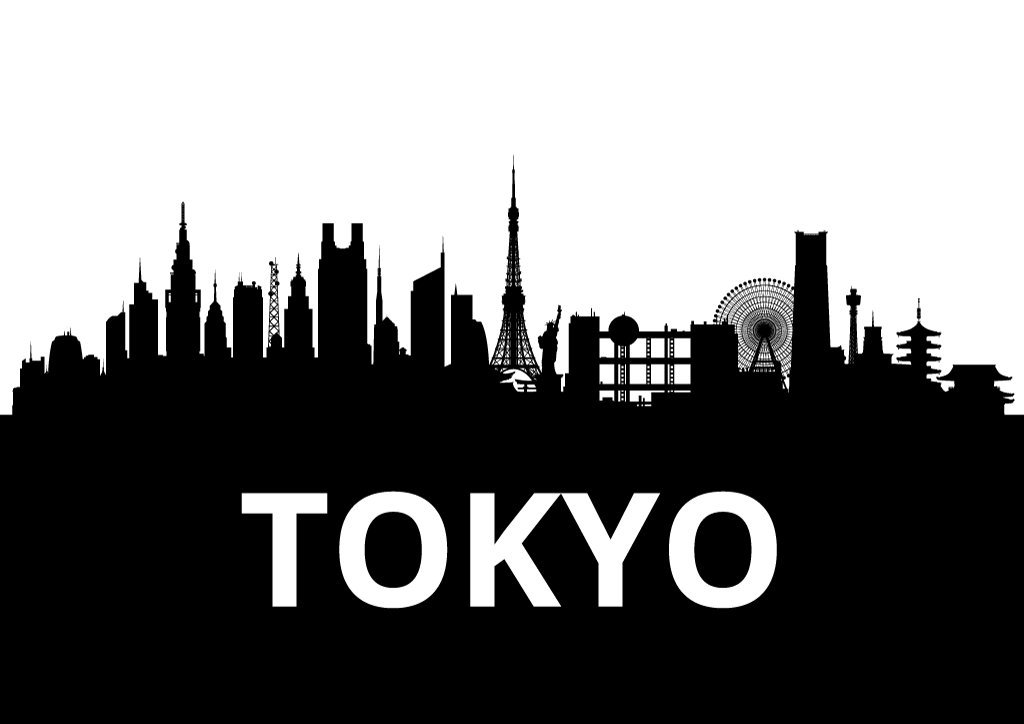
About the novel coronavirus (COVID-19)
How infection occurs
Infection generally occurs through physical contact with a contaminated surface or by respiratory droplets. Airborne infection is not thought to occur. There is a risk of the disease spreading in enclosed spaces – for example, in environments where many people gather and speak to one another up close, even if coughing or sneezing does not occur.
Droplet infection: This happens when the virus is released along with respiratory droplets (e.g. through coughs and sneezes) or saliva produced by an infected person. Other people are infected when the virus enters their body, for example through their nose or mouth.
Infection through contact with contaminated surfaces: This happens when an infected person covers a cough or sneeze with their hand and then touches an object, transferring the virus to the object. When someone else touches that object, the virus travels onto their hand. If they then touch their nose or mouth with that hand, this may result in infection through the mucous membranes.
How easily the virus spreads
How easily the virus spreads varies from case to case. While in some particular cases individuals are thought to have infected many people, in many cases an infected person hardly infects anyone around them.
Typical symptoms and the risk of severe illness
It is common to have a fever and respiratory symptoms for around a week. Many people have reported feeling strong fatigue (tiredness). There have been reports of cases where the hospitalization period was longer than that for seasonal influenza.
In many cases, those who contract the disease experience mild symptoms and then recover fully. While the severity of the disease is not as great as some diseases with an extremely high death rate, for example the Ebola virus disease, it is greater than seasonal influenza. The elderly and those with underlying conditions are particularly at risk of serious illness.
Please follow the advice below
- It is very important to take measures to prevent infection, just as you would to prevent influenza or a cold. Practice cough etiquette by covering your nose and mouth with a tissue, and wash your hands regularly. Please ensure you take these fundamental measures to prevent the spread of disease.
- If you have cold-like symptoms, please avoid leaving the house. If you must do so, please wear a mask.
- Some things mass infections often have in common are that they happen in places with poor ventilation, where many people are crowded together, and where there is a high chance of coming in contact with an unspecified large number of people. Please avoid gathering in these kinds of places.
- Please be aware that people who suspect they may be infected with COVID-19 should contact the Novel Coronavirus Medical Advice Hotline (call center for returnees / people in contact with the infected) for advice.
- At present, the vast majority of illnesses are caused by diseases other than COVID-19. If you are worried you may have influenza or other diseases, please see a family doctor as you normally would.
- If you visit a medical facility, please ensure you are thorough in washing your hands and practicing cough etiquette (i.e. covering your mouth and nose with a mask, tissue, handkerchief or your sleeve if you cough or sneeze.)
COVID-19-related hotlines
General hotline for the novel coronavirus (novel coronavirus call center)
- Phone: 0570-550571
- Languages: Japanese, English, Chinese, Korean
- Opening times: 9:00am to 9:00pm (including weekends and holidays)
- Information provided: Measures to prevent infection, what to do if you develop concerning symptoms, advice regarding the novel coronavirus
Source: https://www.metro.tokyo.lg.jp/english/topics/2020/0128_00.html



![TOKYO [Frequently asked questions about the novel coronavirus (COVID-2019)]](https://capitalsinitiative.com/wp-content/uploads/thumbs_dir/tokyo-1wfqbhry9gzj628igww341p4uymde2lttqeku84874pw.png)
